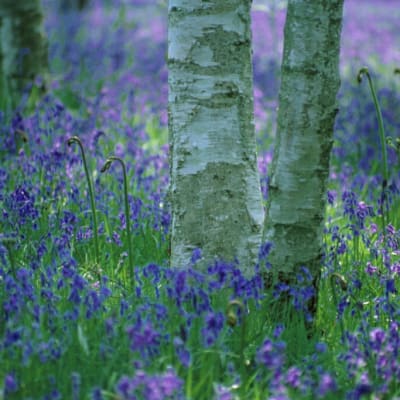Our web site works best with JavaScript. It looks like your browser
doesn't support it or it is turned off, so you might find that some
things don't work correctly. In particular, online ordering will not
work. We're sorry for any inconvenience.
Other Flowers
Quick View
Camassia leichtlinii Late spring to early summer blooms. A white selection to pair with blue Caerulea.
read more
Quick View
Camassia leichtlinii Late spring to early summer blooms. Late spring blooms for bouquets and naturalizing.
read more
Quick View
Hyacinthoides non-scripta Mid-spring blooms. The flower of the mythic “bluebell woods” of western Europe and England.
read more
Quick View
Anemone blanda Early to mid-spring blooms. Whimsical mix of blue-violet spring blossoms.
read more
Quick View
Anemone blanda Early to mid-spring blooms. Let these windflowers run wild for low-growing early spring color.
read more
Quick View
Galanthus nivalis Very early spring blooms. The first sign of spring outside Fedco's front door.
read more
Quick View
Galanthus elwesii Very early spring blooms. Even earlier, and a bit bigger, than the Common Snowdrop. Often the very first blossom of spring.
read more
Quick View
Ipheion uniflorum Mid to late spring blooms. Spring starflowers create splendid groundcover.
read more
Quick View
Puschkinia scilloides Early spring blooms. White to pale blue flowers, hardy and easy to naturalize.
read more
Quick View
Leucojum aestivum var. Gravetye Giant Mid to late spring blooms. Pure white bells resemble giant lilies-of-the-valley.
read more
Quick View
Eranthis cilicica Very early spring blooms. Bright buttercup-like flowers bloom early with the crocuses.
read more











